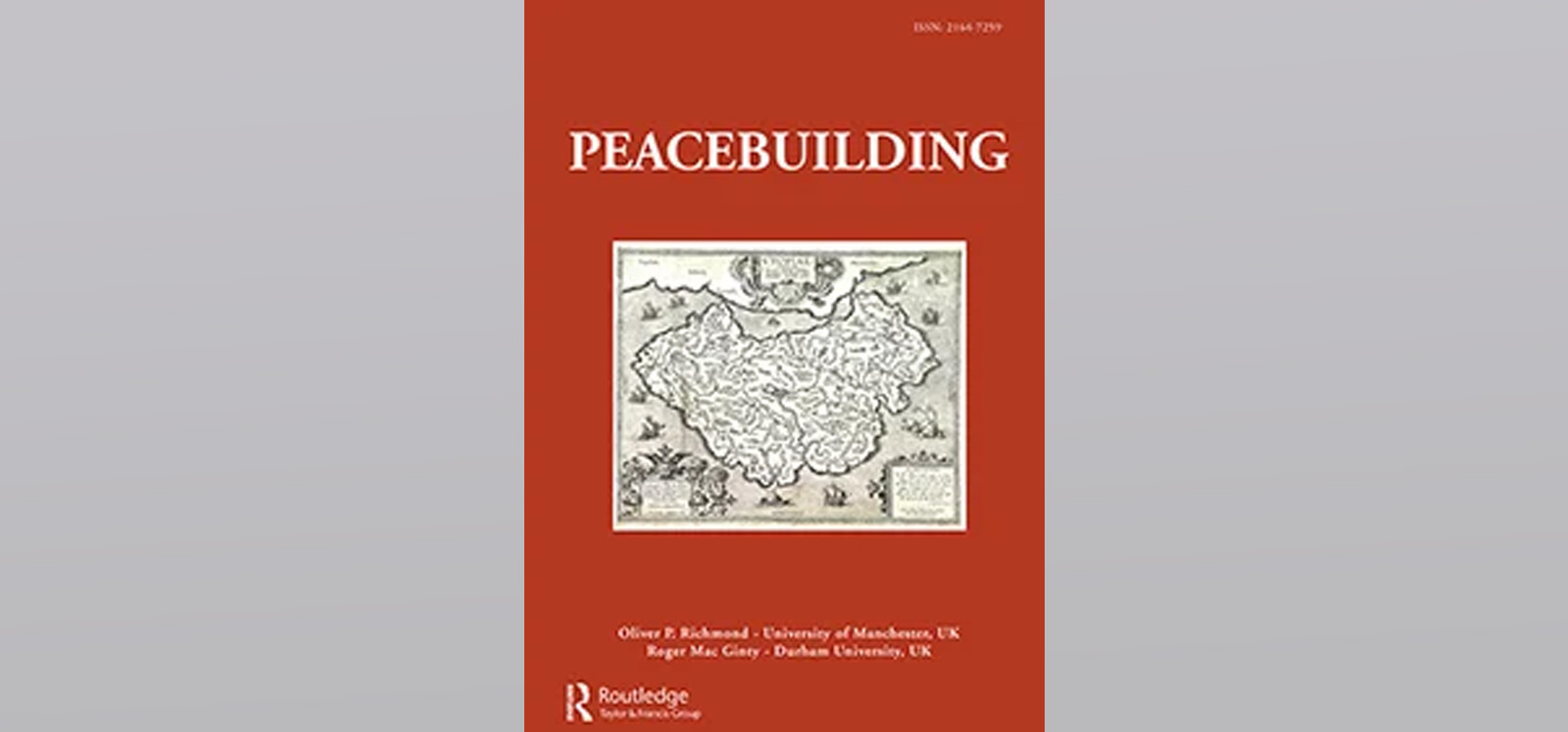Embodied Reconciliation: A New Research Agenda

Roddy Brett, Richard English, Élise Féron & Valerie Rosoux
Peacebuilding DOI
10.1080/21647259.2022.2156162
Wars are, in essence, corporeal experiences: human bodies take centre stage as the terrain of struggle upon which the intent and consequences of political violence are sculpted, often in literal terms. Research to date has tended to focus on the narrative and discursive aspects of relationships between formerly warring parties. As a result, there is little understood about how corporeal experiences of war might influence intergroup reconciliation.
In their latest article the authors contend that a paradigm shift towards an embodied approach to reconciliation is necessary, specifically to understand three interrelated spheres of application: the conceptual-theoretical, the practical and the policy-oriented pillars of intergroup reconciliation after atrocious violence. They set out a clear research agenda for necessary and urgent change. This research agenda is of fundamental moral urgency and a core policy requirement if scholars and practitioners are to begin to comprehend meaningfully and respond effectively to violent conflict.
